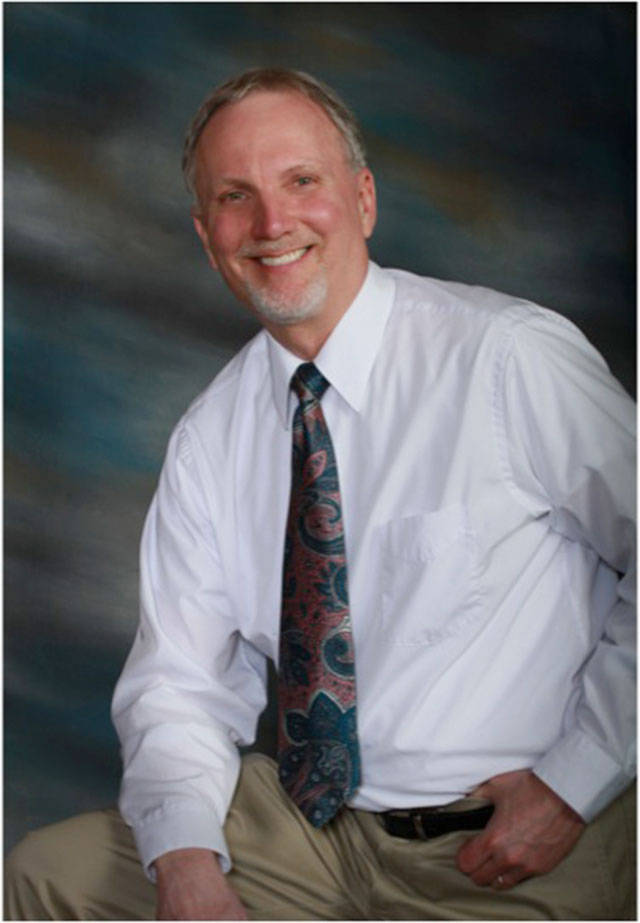What lessons have you learned over the past 14 months of COVID-19?
I’ve learned several things about human nature: How a president could be toppled from power over his mishandling of a pandemic, how the possibility of illness or death could engender extreme reactions, and how the trust or distrust of medical experts could be tied to First and Fifth Amendment rights. Understanding the answers to these statements will give clarity to our times.
How was a president toppled from power because of his mishandling of the COVID pandemic? President Trump based his reelection expectations on a booming economy. Of course, COVID-19 ended that with the massive loss of jobs, the shutdown of many businesses and institutions, and travel restrictions. The pandemic was beyond the ability of the President to control.
COVID was not Trump’s fault, but how he handled it caused the illness and death of hundreds of thousands of Americans. Trump at first downplayed and denied the seriousness and dangers of COVID’s spread although he knew the truth, based on Bob Woodward’s interviews and book. He kept hoping and stating that the plague would pass, and that the economy would be restored before the November election. That didn’t happen. He initiated Operation Warp Speed, which was instrumental in the development of some of the vaccines, but their approval came too late—just after the election—to give him the edge to win. While most conservatives didn’t like Trump’s personality or his aberrant behaviors, they did favor most of his policies and actions. Trump’s mishandling of the COVID-19 pandemic was the deciding factor in his defeat.
How did the possibility of death from COVID-19 engender strong emotional reactions on both sides of the political spectrum? When humans become fearful, they lose much of their ability to think rationally. That was certainly the case with the pandemic. On the political right, many people were in denial, refusing to wear masks and continuing to gather in large groups, causing super spreader events. They believed their freedom was at stake and that the government was out to deny them their right to assemble. This was especially true of pastors on the religious right who criticized other pastors who decided not to meet out of concern for their congregants’ safety, telling them that they were denying the scriptural command not to forsake the assembling of themselves together.
On the left, many also overreacted. Some physically isolated themselves to the point that they endangered their emotional and psychological health in the process. Rationally, humans are social creatures who need human contact. This fact caused a great deal of suffering among those who went to extremes in their isolation. Concern for health is important but should not be the only criteria for deciding ones’ behavior in a crisis.
Some wore masks outdoors while hiking and alone, even after science showed that the virus was not very contagious outdoors. Classrooms, libraries, businesses, and restaurants were disinfected far more than necessary. The virus only survives about 15 minutes in the air.
It was pointless to try to convince either side how irrational their behavior was.
Why were so many people distrustful of science and experts? There are several answers to this. I will suggest two. Some refused to wear masks, quoting the freedoms noted in the First Amendment which gave them the right to assemble without government interference. Others refused to wear masks because they didn’t like being told what to do by either science or government.
Trump turned mask wearing and assembling in large groups into a political statement that sent a clear message to his supporters that their rights were in danger even though he, and many of his staff, got infected. Trump also did not publicize the fact that he himself had gotten vaccinated until several months after he left office, thinking of maintaining the support of his base for the 2022 and 2024 elections. His supporters trusted Trump, not science or Democrats.
Others referred to the Fifth Amendment which told them that they could not “be deprived of life, liberty, or property…without just compensation.” They believed that emphasis on their rights overrode any scientific evidence.
We humans don’t react well to stress. Based upon how we were raised and what we believe, we tend to go to extremes in times of crisis. We are not innately rational beings.
Reflecting on our own behavior can inoculate us from those extremes in the next crisis that will surely come.


